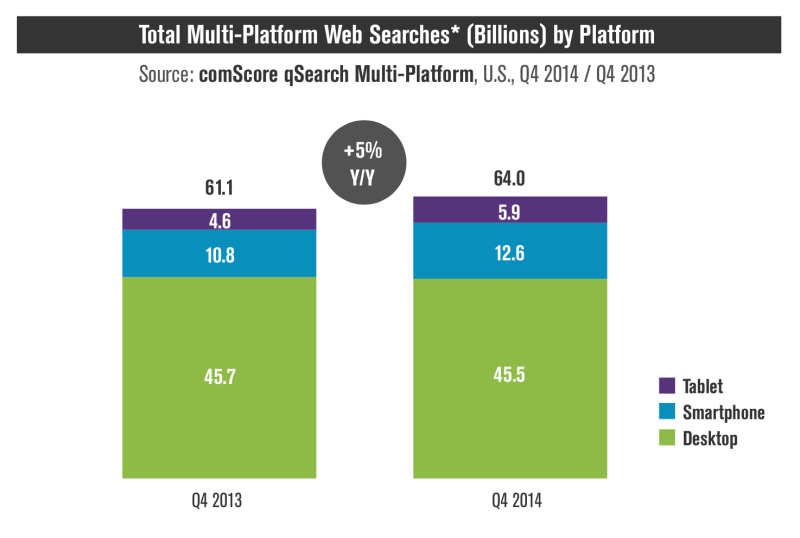On 25th of October, we mentioned how Google intends to split their current search index into two distinct types : — Desktop and Mobile, with the mobile version of search index being given priority.
Well, it seems that Google has already started experimenting with this split indexing process called the ‘Mobile-First Indexing’.
Although no definite date has been provided by Google as to when this update will be launched (as usual), we are hoping to see something in the next 2 months.
In this blog, we will be discussing the following:
1) What is Mobile-first Index?
2) Is this update important? If so, why?
3) How will this update affect your business?
4) Potential effect on current SEO practices.
5) Our own understanding and conclusions about this update.
So let’s start with the first question-
What is Mobile-First Index?
Mobile-First Index is an update of Google’s current search index which is Desktop only.
Google has decided to crawl and index mobile-based websites as its main source of content and updates, while giving secondary preference to desktop-based searches.
Is this update important? If so, why?
To answer the first part of the question- yes, this is an important update.
This update is extremely important, especially if you want to rank well on Google’s SERPs. A mobile-first indexing will affect your business, depending on whether you have a mobile optimized website as well.
Ever since Google started emphasizing on mobile devices, experienced webmasters and developers should have adapted their strategies accordingly.
So, if your website is not optimized properly for mobile devices, your business could potentially lose almost half of the total customers you generally get, which brings us to our second question-
How will this update affect your business?
As we have mentioned above, if your business does not have a mobile optimized website yet, your earnings can decrease drastically.
This is especially true if your business depends on online revenue.
If you do not believe us, you can check the data yourself by visiting this website.
The screenshot below shows the increase in mobile search in the US alone over the past 2 years.

As you can see, mobile-based search has been growing steadily over the last 2 years, and with the current rate of mobile adoption, this data has changed considerably.
So it would be beneficial for your business to make that much-needed leap towards mobile.
Potential effect on current SEO practices
SEO experts, until now, had been taking only one search index into consideration.
With this split in indexing, they have to make a radical shift in their strategies and tactics.
Mobile-first search index will update more frequently than desktop, so the webmasters will have to take mobile search as their primary source of information for search rankings, and then move to desktop when required.
While planning for a client’s SEO strategy, it makes sense that SEO experts take mobile friendliness into account, and even push for a complete overhaul of their clients’ websites, if necessary.
Google has been gracious enough to provide a list of guidelines that can help webmasters ease the transition to Mobile-first indexing.
The guidelines can be found here.
Our own understanding and conclusions about this update
We have some of our own theories regarding this update which we would like to share with you.
First of all, it has been almost 2 years since Google first started giving importance to mobile. 2 years is enough time for any business to come up with a mobile-friendly website of its own.
Those who are skeptic about the online presence of their business should understand that potential customers adopt new technology at a rapid pace.
Business owners need to stay ahead if they want to beat the competition and attract more customers.
Google has streamlined the process of delivering results to its users through this update, and businesses have even more options to attract customers, and in return, expand their business.
From an SEO point of view, we would admit that things are going to become a little more complicated for webmasters than usual, but they should see this as a challenge, rise up to it and deal with it head on.
It is still not clear whether Google will be maintaining two separate indexes, or if it will dump desktop index altogether (we hope not). Some mobile searches will be getting priority and mobile-based content will be getting more priority as well.
So a mobile website with thin content can theoretically be hit by Panda.
Read our latest blog on how this move will impact your business.

